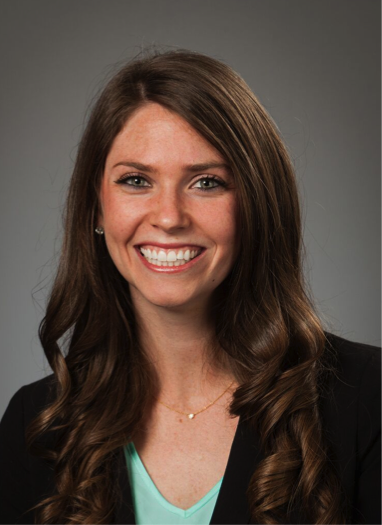Mental Health Convalescence Begins in Pediatrics

Rosie Gellman, MD, FAAP
March 21, 2023
BOOM! CRASH! OWWW! That was the feeling of many pediatricians when the pandemic and all its challenges hit us, notably in the demands for mental healthcare. Next was the declaration of a national emergency in child and adolescent mental health 2021 and a call for pediatricians to integrate these mental health care into primary care pediatrics. Unfortunately, this plea came to a group already stretched thin by an increasing list of demands. Nevertheless, pediatricians do not cower at adversity. They rise to the occasion for the good of their patients.
I was a third-year pediatrics resident when COVID-19 struck, and I was set to enroll in a Post Pediatric Portal Program that serves as a training ground for adult and child psychiatry. Boy was this a time to enter the field. When I started on the inpatient unit, I heard summers were typically the lull for child psych, but since my psychiatry debut, the inpatient unit has been at capacity with an ever-growing; the ED calls and inpatient consults have been relentless; and our outpatient clinic referrals have piled up.
I love my work in psychiatry and believe I chose the right path. I will soon complete my training in the Post Pediatric Portal Program at the Medical College of Georgia at Augusta University. But the time with struggling kids helped me realize the challenges they face daily. I recognize neither they, nor the current state of medicine, are adequately equipped to conquer these beasts. These kids need support; they need counseling; they need medication; and, often, they just need someone to stop and listen.
What once was a benign functional abdominal pain is now a method of school avoidance due to fear of being shot at school or auditory hallucinations and psychosis driven by unrelenting cyberbullying.
I know most of you did not sign up for this when you entered medicine. Primary care pediatricians did not dream of treating depression, patient after patient. Pediatrics is supposed to be a magic wonderland of happiness! But this is what our patients need now, and this is what we must provide.
“I recognize neither they, nor the current state of medicine, are adequately equipped to conquer these beasts. These kids need support; they need counseling; they need medication; and, often, they just need someone to stop and listen.”
In fact, pediatricians are best suited for this endeavor. We have a longitudinal relationship (sometimes from birth into adulthood) through which we learn the child’s full medical history, which often ties in closely with mental health concerns. Through this relationship, we can build trust and become a pillar of guidance and hope for families. We can recognize problems early and address them before they reach crisis mode – costing the patient, their families, and the healthcare system undue hardship. For reasons such as under-diagnosis, stigma in seeking care from a psychiatrist, and insufficient resources, only 30% to 50% of children with mental health concerns are receiving mental health care. Given there is a ratio of one child psychiatrist to 1200 children with mental health concerns nationwide, the estimate that one-third to one-half of children are receiving appropriate care is both impressive and disheartening. This is where pediatricians can be invaluable and potentially life-saving resources.
Clinically, mental health concerns should be treated as any other medical concern: managed as able in primary care, and then referred out to a specialist when they exceed the primary care physician’s scope. With asthma, rashes, and headaches, the pediatrician typically attempts a first- and second-line intervention, and then refers to a specialist if those attempts fail. that the same approach can be used for depression, which can also help reduce stigma.
To build comfort in addressing mental health concerns pediatricians can use the same process we use to increase our knowledge in other medical topics, including participating in conferences and meetings, reading articles, and exploring the multitude of AAP resources. Identify a mentor, either a pediatrician already treating mental health concerns or a child psychiatrist. I advise becoming familiar with first-line options such as a few SSRIs for depression and anxiety and stimulants and alpha-agonists for ADHD. Prescribing these medications is often much less dangerous than the risks of not prescribing. Basic screening tools such as the PHQ or SCARED can help make efficient use of time and help guide discussions. One can also schedule more frequent follow-up visits to allow for longer conversations when needed.
Ultimately, most of the education and comfort in discussing these topics and using these medications come from observing changes in your patients, listening to what they report, and adjusting regimens as needed. It is the same work we do every day to help children and families stay healthy and thrive, and I believe we are up for the challenge.
*The views expressed in this article are those of the author, and not necessarily those of the American Academy of Pediatrics.
About the Author
Rosie Gellman, MD, FAAP
Rosie Gellman, MD, FAAP, is a board-certified pediatrician and in her final year of training in the Post Pediatric Portal Program at the Medical College of Georgia at Augusta University in Augusta, Georgia for board-eligibility in General and Child and Adolescent Psychiatry. She has special interest in expanding mental health care for kids and educating pediatricians about how to address basic mental health concerns in their primary care clinics.